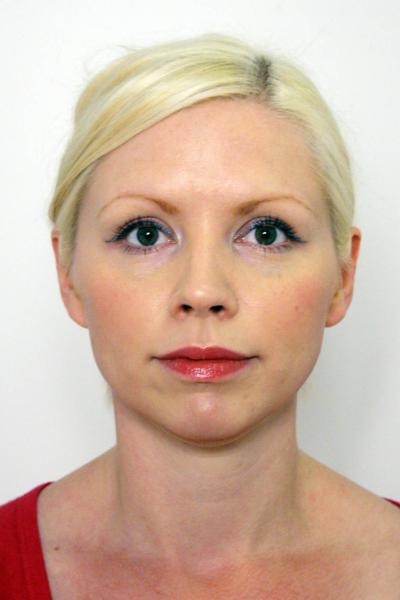Ingeborg Löfgren
Senior Lecturer/Associate Professor at Institutionen för litteraturvetenskap och retorik
- Telephone:
- +46 18 471 29 43
- Fax:
- +46 18 471 61 87
- E-mail:
- ingeborg.lofgren@littvet.uu.se
- Visiting address:
- Engelska parken, Thunbergsvägen 3 P
- Postal address:
- Box 632
751 26 UPPSALA
More information is available to staff who log in.
Biography
Work in Progress
Understanding the Object, Understanding the Other, Understanding Ourselves – Literary Interpretation and Skepticism (dissertation, working title)
What are the criteria of valid literary interpretations? This is one of the most central questions within theories of literary interpretation, yet the literary scholar who finds herself prompted to ask it may very well do it with a sense of perplexity or even paradox. On the one hand she is an academic expert: her profession requires a practical ability in both performing valid interpretations, and judging the validity of the interpretations of others. On the other, she might exercise that ability without being able to give any general theoretical, or philosophical, account of what the validity of interpretation consists in. Thus, the worry might arise that an untenable gap exists between her practical competence and its theoretical foundation. A gap which in turn may threaten to devour her sense of (professional) competence in its entirety. If I cannot say what the validity in interpretation consist in, how can I know when interpretations in fact meet the criteria? If I cannot say what the criteria are, how can I even be sure that there exits something worth calling valid interpretation?
In my dissertation I like to show that some prominent theories and theorists of interpretation are skeptical in nature. I will do this by invoking Stanley Cavell’s (and through Cavell, also Wittgenstein’s) remarkable reinterpretation of skepticism as being in some sense an abandonment and misconception of the responsibility which our everyday language exhorts. My argument is that even though some of the theorists under scrutiny are in fact trying to refute skepticism about interpretation – and amongst themselves have completely different, even antagonistic, accounts of what the validity of interpretation consist in – they still share an understanding of what the relation must be between the interpretative practice and its theoretical rendering which remains skeptical at heart. The theorists I am investigating are the New Critics Monroe C. Beardsley and Cleanth Brooks, the intentionalists Noël Caroll and Jerrold Levinson, and the neo-pragmatist and reader-response theoretician, Stanley Fish. Through Cavell’s understanding of the ordinary I investigate these theorists via questions like the following:
1) In what sense is the conceived skeptical threat a real threat?
2) What is avoided in our dealings with literature through this sort of theoretical effort (to set the limits of possible interpretations and the general criteria of validity)?
3) In what sense are interpretative claims, claims of knowledge?
4) What important insights can be retrieved from the theorists under investigation?
The project is thus not anti-theoretical in nature. It is not the very attempt to theorize about interpretation which I find problematic, but the way it is often carried out. Through a Cavellian rethinking of the relationship between theory and practice in interpretation, my hope is that the sensed sceptical gap of the literary scholar will disappear.
Publications
Recent publications
- Ett försvar av det estetiska samvetet (2024)
- Lidman och "sam-vettet" (2023)
- Introduction Fiction and truth, learning and literature (2022)
- Att tänka sig ett annat nu (2022)
- Att teoretisera om mening genom exempel (2022)
All publications
Articles
- Ett försvar av det estetiska samvetet (2024)
- Lidman och "sam-vettet" (2023)
- Introduction Fiction and truth, learning and literature (2022)
- Att teoretisera om mening genom exempel (2022)
- Nineteen Eighty-Four, totalitarian lived skepticism, and unlearning how to love (2021)
- Amanda Anderson, Rita Felski, Toril Moi Character: Three Inquiries in Literary Studies Trios, Chicago and London: The University of Chicago Press 2019, 170 s. (2020)
- Sam-vettet och ett vidgat "vi" (2020)
- Sam-vettet och Det Hela (2019)
- Ingeborg Löfgren om Toril Moi, Revolution of the Ordinary. Literary Studies after Wittgenstein, Austin, and Cavell Chicago & London: The University of Chicago Press, 2017, 242 s. (2018)
- Den postkritiska läsningen (2017)
- Bildning (2012)
- Litteraturen lika farlig som livet självt (2009)
- Gyllenstens radikala metafiktion (2007)
Books
Chapters

